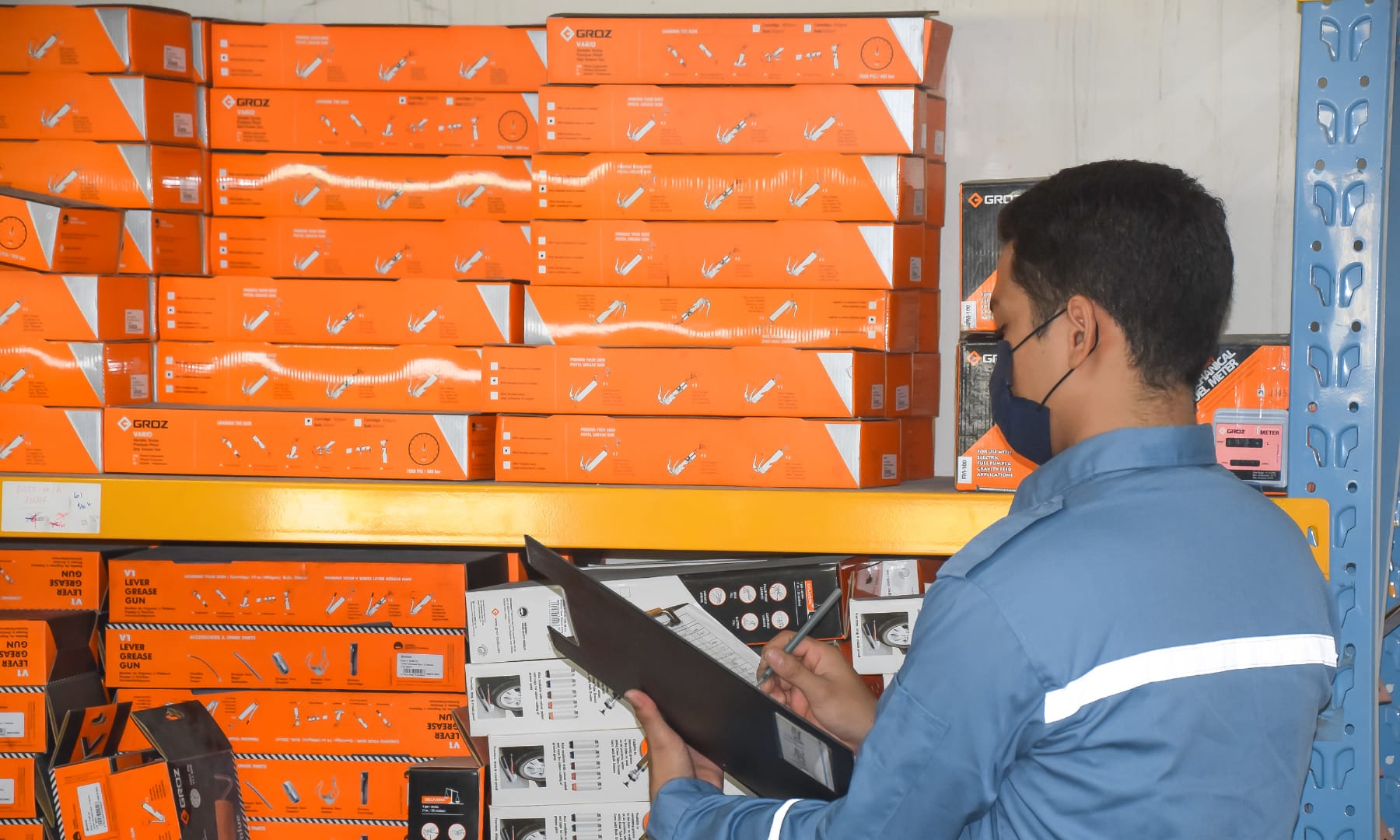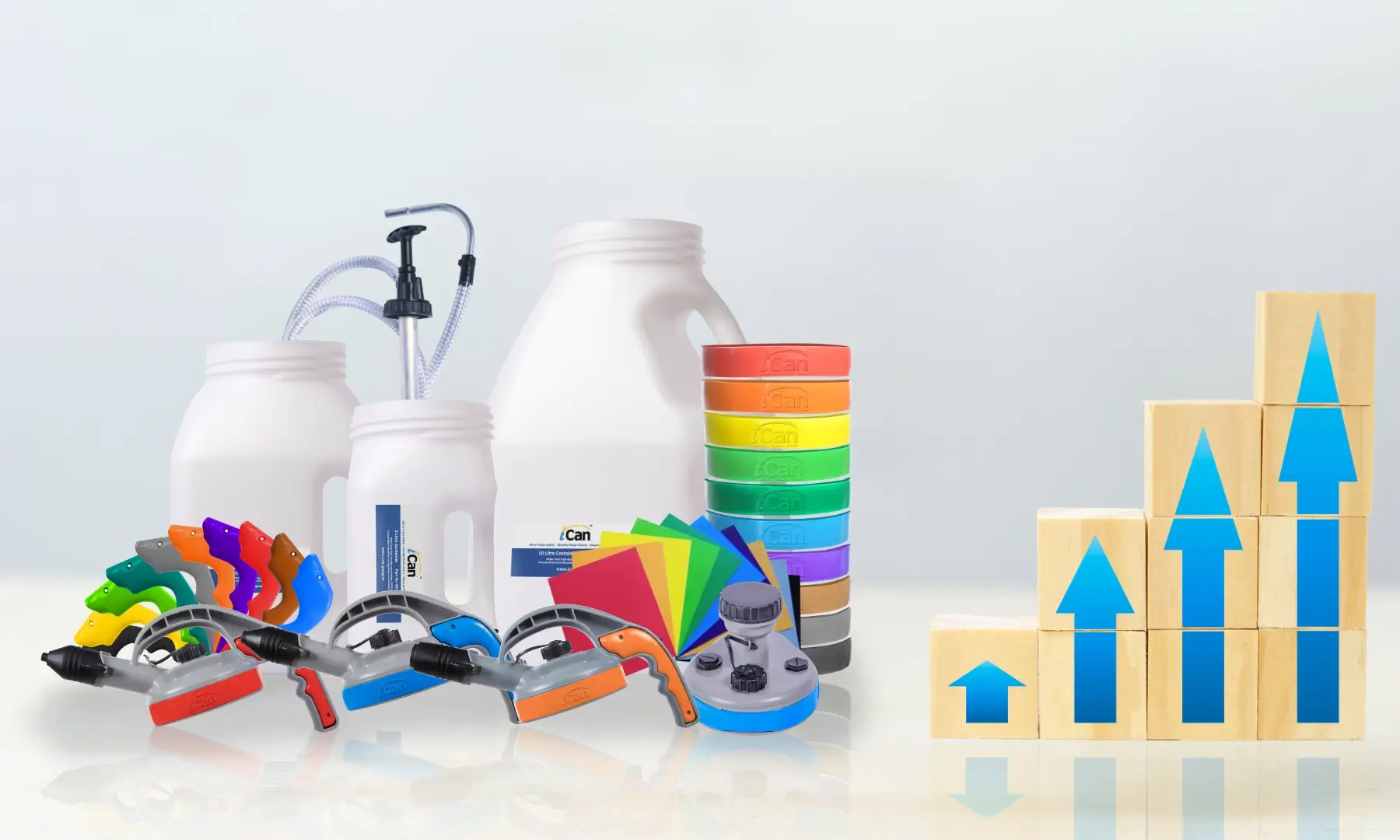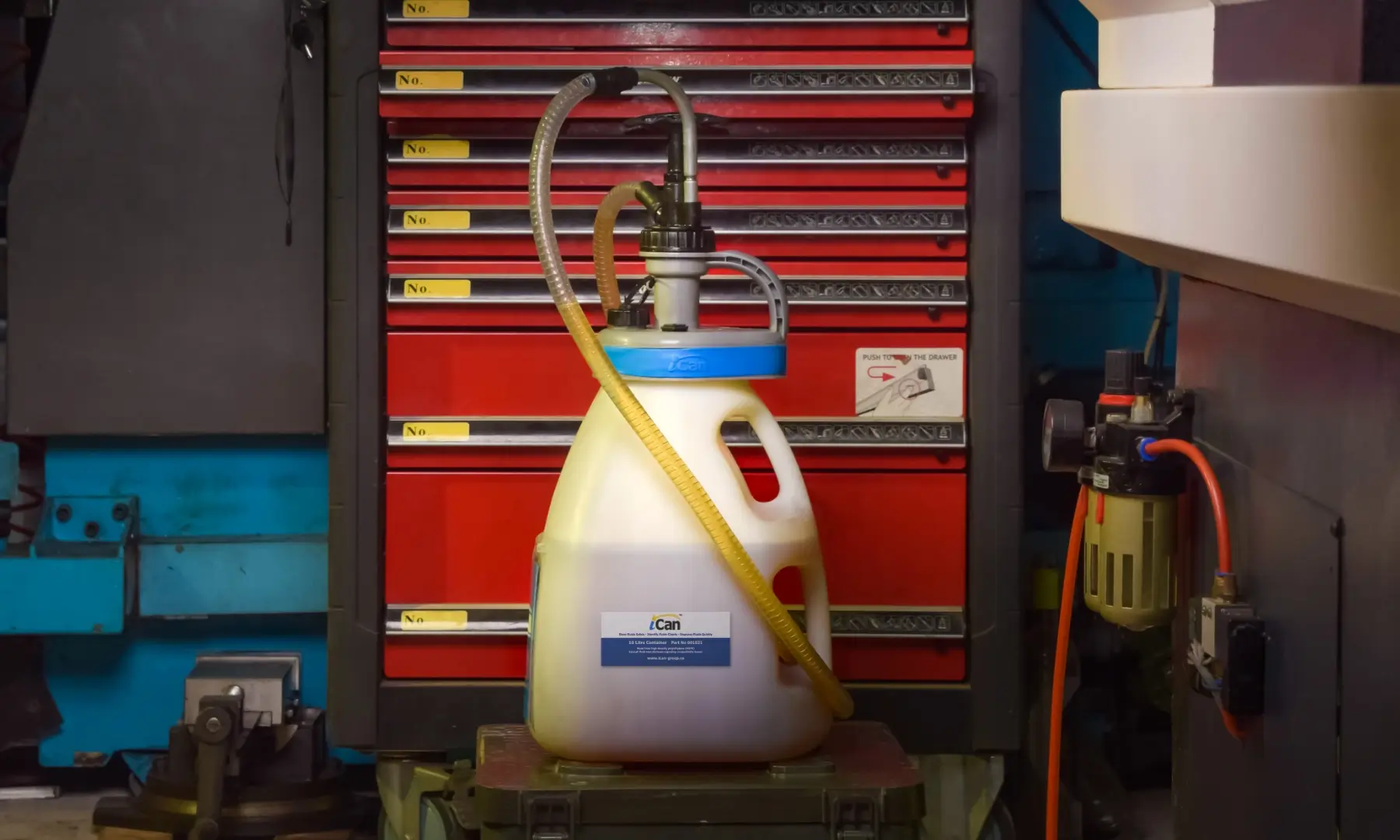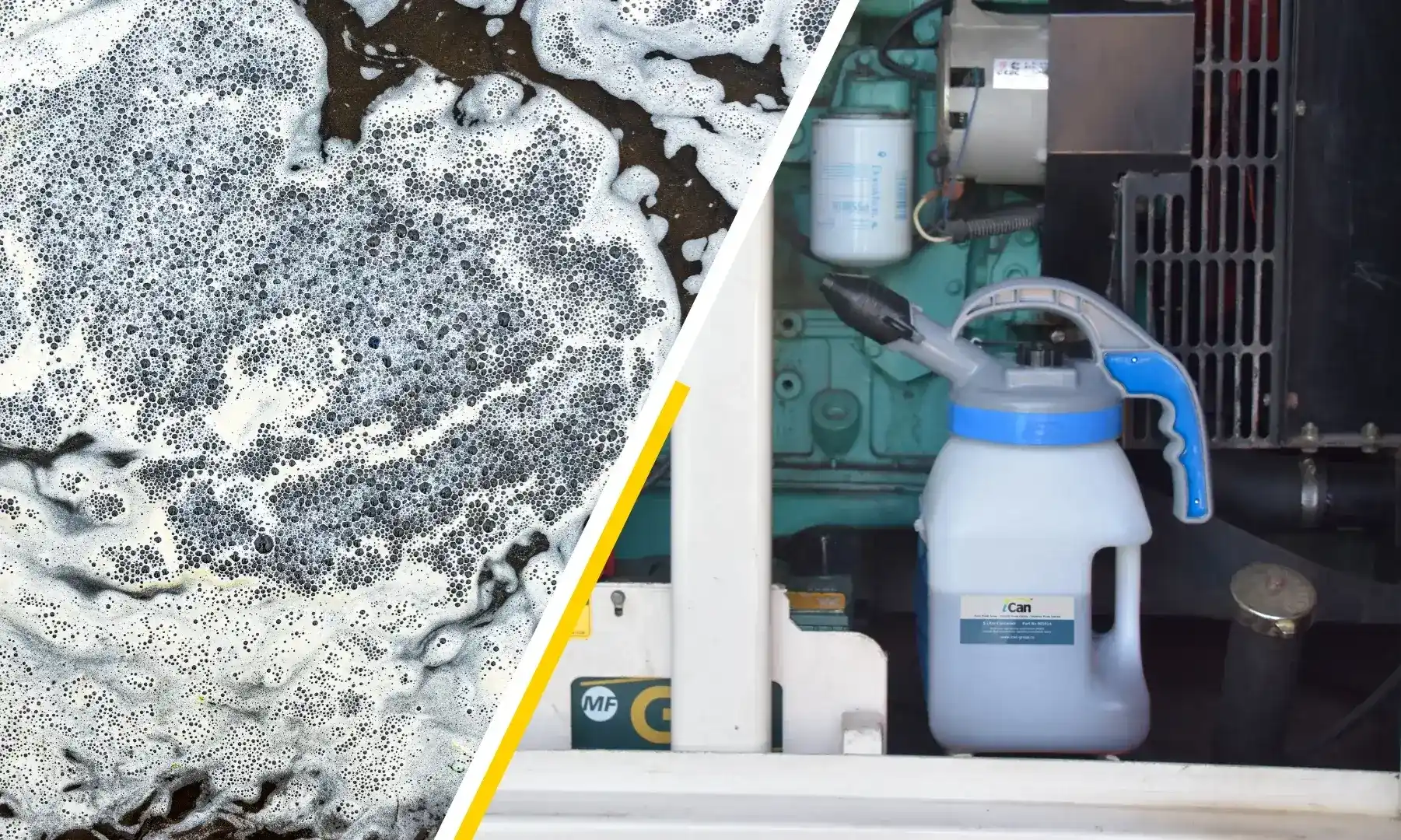Inspection or quality control is a very important thing to do to maintain quality under company procedures and standards so that production results can be maintained properly and satisfy customers. Conducting regular inspections can also reduce manufacturing costs because of poor production quality, such as the cost of disposing of materials that do not meet production standards or the cost of returning consumer goods that are defective.
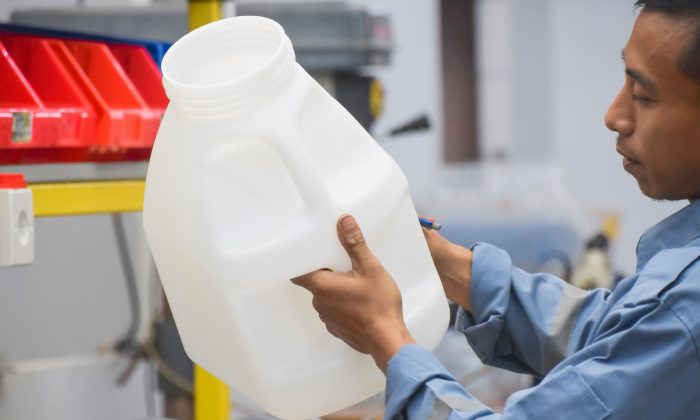
Inspection to Maintain Quality in Industry
Purpose of inspection: Detect and eliminate defective raw materials before entering the product manufacturing process, detecting defective products and also low-quality products that are not under production standards before being sent to consumers, improving product quality and reliability.
Benefits of inspection on production: Can distinguish excellent products and production defects, can determine whether there are changes in the production process that do not meet standards, can measure the accuracy of production equipment, can measure the level of production capacity.
Types of inspections to improve quality control management:
- Floor inspection: Basic inspections carried out to control the production process include material testing and semi-finished product testing carried out by humans and machines. This method can detect problems early.
- Centralized inspection: inspections are carried out at certain locations centrally. By testing all tools in the same place for easy testing,
- Combined inspection: a combination of floor inspection and centralized inspection
- Functional inspection: This inspection focuses more on functional products, for example checking product functions after a product is finished
- First piece inspection: the type of inspection carried out by the first unit as changing work tools or changing production parameters
- Pilot piece inspection: inspections carried out on new products or on newer models
- Final inspection: a type of inspection carried out on the finished product. This inspection is carried out to survey the characteristics of the product more thoroughly both in terms of function and appearance both in terms of function and appearance, usually carried out before the product is sent to consumers.

